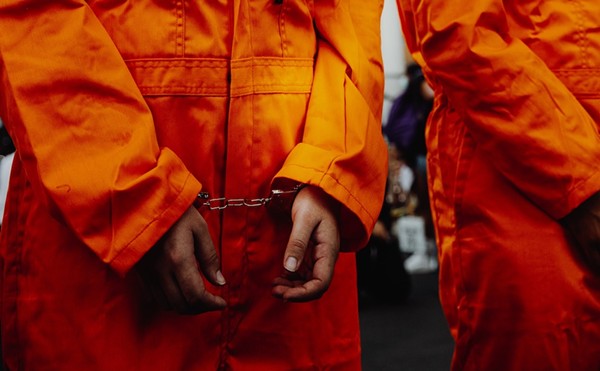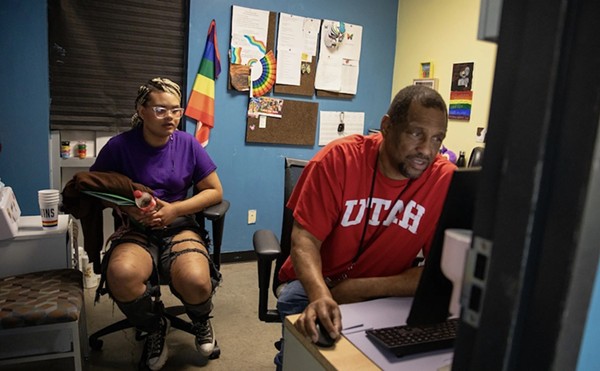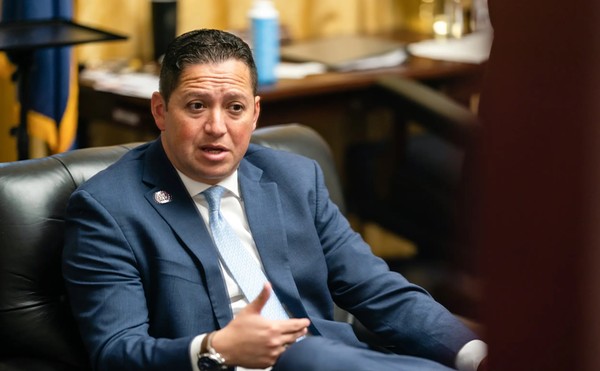RS-16 UAV flown under the Unmanned Aerial Systems (UAS) Initiative at Texas A&M University-Corpus Christi.
Texas GOP Congressman Ted Poe has filed legislation requiring law enforcement agencies get a warrant if they want to use unmanned aerial vehicles to spy on citizens. The bill, dubbed the Preserving American Privacy Act of 2012, “would only permit use of drones by law enforcement pursuant to a warrant and in the investigation of a felony,” according to analysis this month by the Congressional Research Service. Among the bill's 25 co-sponsors are Texas GOP congressmen Francisco “Quico” Canseco, Michael Burgess, John Culberson, and Louis Gohmert.
According to the analysis by CRS, Poe's bill also contains a provision that would make evidence obtained by drones without a warrant inadmissable in a criminal prosecution. The bill includes exceptions for searches conducted within 25 miles of the U.S. border.
The CRS report, called “Drones in Domestic Surveillance Operations: Fourth Amendment Implications and Legislative Responses” (brought to our attention by Grits for Breakfast), notes that while relatively few drones are flying in US airspace, the Federal Aviation Administration predicts that some 30,000 UAV's will fill the nation's skies in less than 20 years.
We've already seen state and local law enforcement agencies jump into the drone market as some in Congress push hard for more eyes in the skies. The so-called “drone caucus,” the Congressional Unmanned Systems Caucus, which encompasses seven Texas members of Congress and is co-chaired by South Texas Democratic Congressman Heny Cuellar, aims to “educate members of Congress and the public on the strategic, tactical, and scientific value of unmanned systems.” Not surprisingly, the drone industry has generously supported those caucus members, with drone-related PACs donating more than $1.7 million to caucus members in the 2010 election cycle.
At least 18 police departments, universities and government agencies have secured federal clearance to launch UAVs, according to documents unearthed by the Electronic Frontier Foundation over the summer. The Montgomery County Sheriff's Office, one of the first law enforcement agencies in the country to purchase a drone system, earlier this year crashed a drone into an armored SWAT team carrier during a test flight. The Texas Department of Public Safety, which tried its own drone system to “support critical law enforcement operations in South Texas,” says it shelved the program in late 2010 due to a number of complications.
Perhaps fueling the congressional drone skeptics like Poe, Canseco and Gohmert, Congress in February enacted the FAA Modernization and Reform Act, which called for the FAA to boost the integration of drones into national airspace systems by 2015.


















